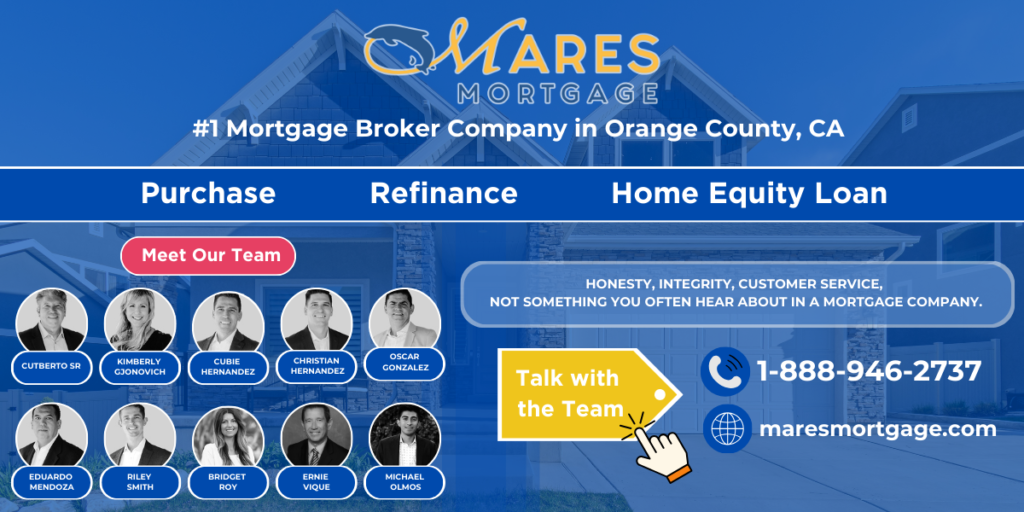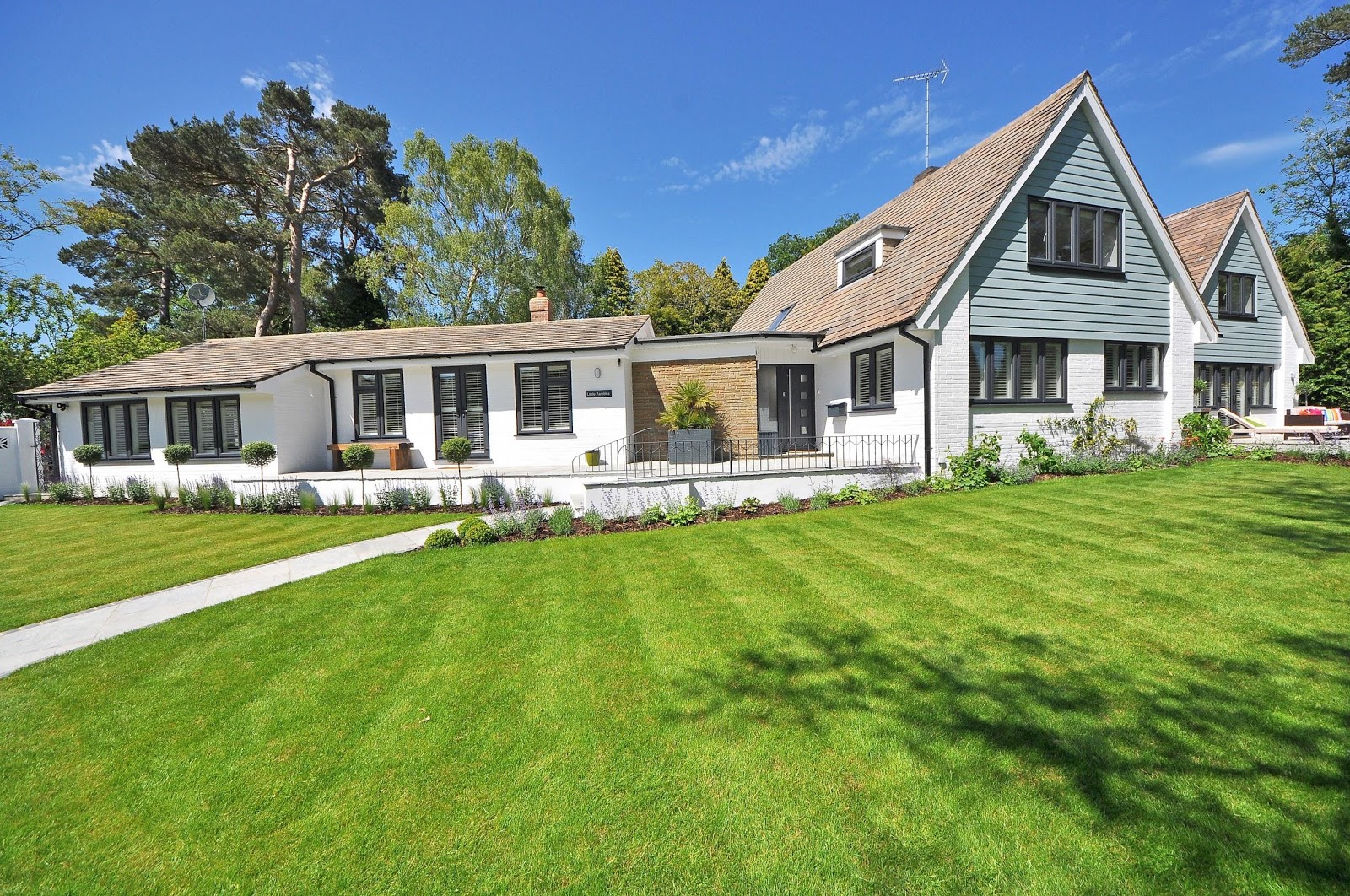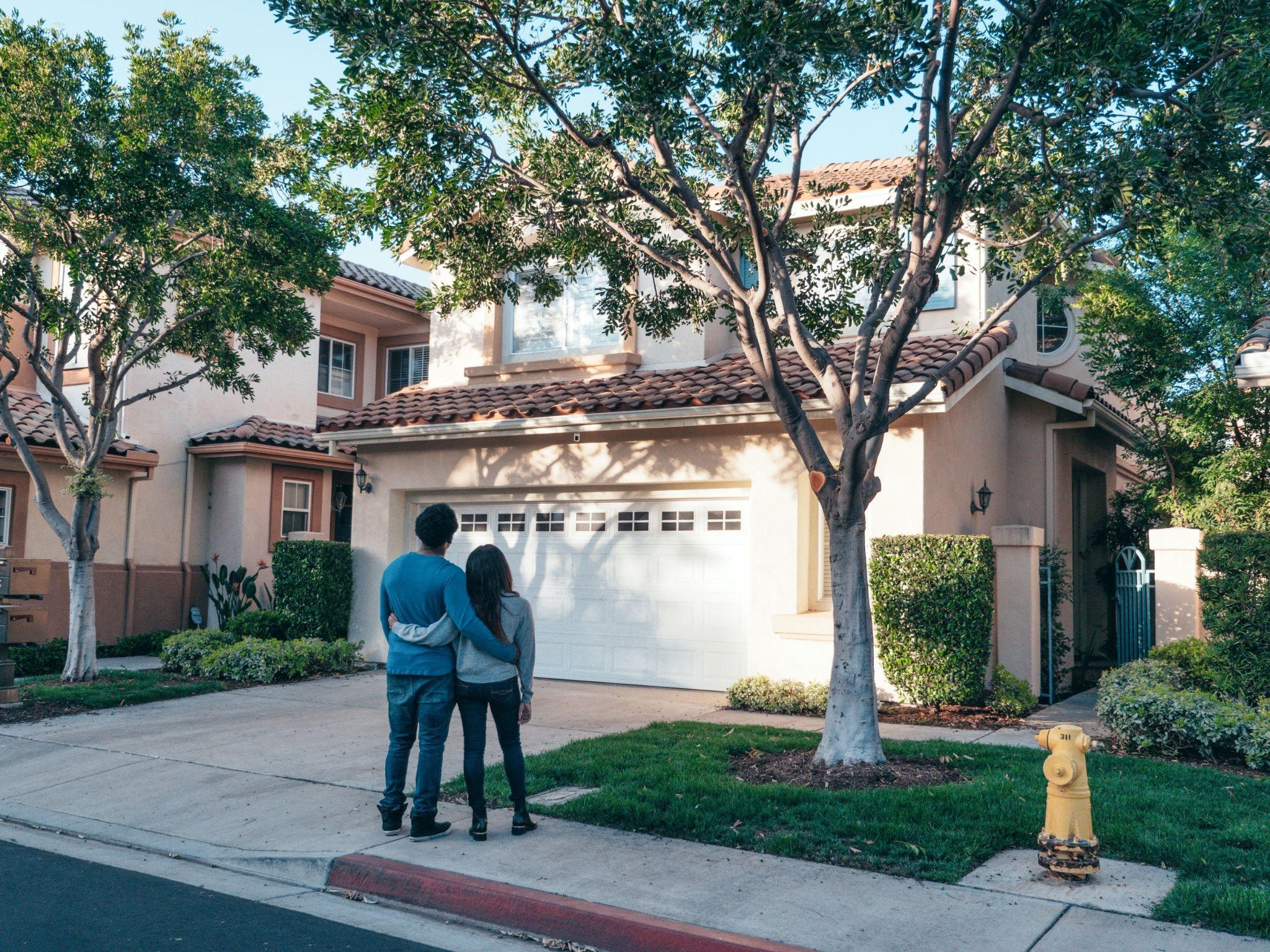Navigating the world of home insurance can be complex, especially when distinguishing between mortgage insurance and homeowners insurance. While they both involve the safeguarding of property, their purposes, beneficiaries, and requirements differ significantly. Understanding these differences is essential for homeowners to ensure proper financial protection for their homes and for lenders to secure their investments. This article delves into the specifics of mortgage insurance, often required when a down payment is less than 20%, and homeowners insurance, which protects the homeowner's property against various risks.
Key Takeaways
- Mortgage insurance, particularly Private Mortgage Insurance (PMI), is typically mandated when the down payment on a home is less than 20%, protecting the lender in case of default.
- Homeowners insurance is often required by lenders but primarily serves to protect the homeowner's property from damage, offering coverage for events like fires and burglaries.
- While both types of insurance are linked to the home, they cater to different parties; PMI benefits the lender exclusively, whereas homeowners insurance provides security for the homeowner's investment.
Understanding Mortgage Insurance
The Role of Private Mortgage Insurance (PMI)
When you're navigating the path to homeownership, understanding Private Mortgage Insurance (PMI) is crucial. Essentially, PMI is a safeguard for your lender, not you. You pay the premiums, but it's the lender who benefits if you default on your loan. This is particularly common when your down payment is less than 20% of the home's value.
Here's how PMI works in your mortgage structure:
- You make a down payment on your home.
- If your down payment is below the 20% threshold, your lender will typically require PMI.
- PMI premiums are added to your monthly mortgage payments.
- Over time, as you build home equity and reach certain loan balance milestones, you may be able to cancel your PMI.
Remember, PMI is designed to protect the lender's investment, so while you're responsible for the cost, it doesn't cover any of your personal losses. To potentially remove PMI, consider options like building home equity, refinancing, or reaching specific loan balance milestones.
When is Mortgage Insurance Required?
You might be wondering when you'll need to consider mortgage insurance. If you're planning to buy a home and your down payment is less than 20% of the purchase price, expect to require private mortgage insurance, or PMI. This insurance is a lender's safety net, protecting them if you're unable to make your mortgage payments.
The specifics of when PMI is necessary can vary, but here are some general guidelines:
- For conventional loans, PMI is typically mandatory with a down payment below 20%.
- Government-backed loans, like FHA and USDA loans, have their own forms of mortgage insurance, often referred to as MIP.
- Unlike PMI, MIP for FHA loans may not be canceled, even after reaching a certain equity threshold.
Remember, PMI is designed to protect the lender, not you. As a borrower, you should aim to reach the point where PMI can be canceled. According to federal law, lenders are required to cancel PMI on conventional loans once you've reached the halfway point of your mortgage term.
How Mortgage Insurance Benefits the Lender
Mortgage insurance plays a pivotal role in the real estate market by providing a safety net for lenders. When you, as a homebuyer, do not meet the standard down payment requirement of 20%, your lender is at increased risk. Mortgage insurance mitigates this risk by ensuring that the lender is compensated if you default on your loan payments.
The benefits to the lender are multi-faceted:
- Security: The lender is assured of financial recovery even if you fail to make payments.
- Predictability: Regular PMI payments contribute to the lender's stable cash flow.
- Expanded lending: Lenders can offer loans to a wider range of borrowers, increasing homeownership opportunities.
Remember, while mortgage insurance is for the lender's protection, you are responsible for the premium payments. This is an important distinction from Mortgage Protection Insurance (MPI), which safeguards homeowners by covering monthly mortgage payments during financial instability. Unlike PMI, MPI is designed to protect you and your family, and should be considered based on your financial risk and needs.
The Cost of Private Mortgage Insurance
When you're navigating the homebuying process, understanding the cost of private mortgage insurance (PMI) is crucial. PMI is generally required if your down payment is less than 20% of the home's purchase price. The cost can vary, typically ranging from $30 to $70 per month for every $100,000 borrowed. This cost is influenced by several factors:
- The purchase price of the house
- The size of your down payment
- Your loan's interest rate
- The term length of your mortgage
- Your credit score
Remember, PMI is designed to protect the lender, not you. However, it enables you to purchase a home with a smaller down payment, which can be a significant advantage. As you pay down your mortgage and build equity, you may be able to cancel your PMI, reducing your monthly payments. Always consult with your lender to understand the specific terms and conditions of your PMI policy.
Exploring Homeowners Insurance
What Does Homeowners Insurance Cover?
When you're navigating the ins and outs of homeowners insurance, understanding what is included in your policy is crucial. Generally, your homeowners insurance safeguards your home and personal belongings against a variety of mishaps. Typically, it covers the cost to repair or rebuild your home after incidents like fire, lightning strikes, or vandalism. It's important to note that coverage can vary significantly between policies and locations, so it's essential to scrutinize the details of your policy.
Your policy extends beyond just the physical structure of your home. It often includes:
- Other structures on your property, such as a detached garage
- Personal property within the home, from electronics to clothing
- Liability protection in case someone is injured on your premises
Remember, while homeowners insurance offers a broad range of protection, it doesn't cover everything. Events such as floods or earthquakes might require additional specialty insurance. Always review your policy's exclusions and consider supplemental coverage if necessary.
The Mandatory Nature of Homeowners Insurance
While homeowners insurance is not mandated by federal or state law, it becomes a critical requirement when you finance your home through a mortgage. Lenders insist on this protection to safeguard their investment in your property. As long as there's an outstanding mortgage, you'll likely need to maintain a homeowners insurance policy.
The coverage is not just a lender's demand; it's a smart financial move. Homeowners insurance shields you from the potentially crippling costs of damages from unforeseen events, such as natural disasters or theft. Here's what you typically need to know:
- Homeowners insurance is often a condition of your mortgage agreement.
- It provides financial protection for your property and personal belongings.
- The policy includes liability coverage, which can be crucial in case someone is injured on your property.
Remember, even though it's not legally required, carrying homeowners insurance is a wise decision to protect your home and financial well-being.
Differences Between Homeowners Insurance and Mortgage Insurance
Understanding the distinction between homeowners insurance and mortgage insurance is crucial for managing your financial responsibilities as a homeowner. Homeowners insurance is designed to protect you from financial loss due to damages to your home and personal property. It's a comprehensive form of coverage that typically includes protection against perils such as fire, theft, and certain natural disasters.
On the other hand, mortgage insurance, often referred to as private mortgage insurance (PMI), is required by lenders when you make a down payment of less than 20% on your home purchase. This insurance serves as a safety net for the lender, not you, in the event that you default on your loan. It's important to note that mortgage insurance does not cover any damage to your property or belongings.
To avoid any homeowners insurance coverage confusion and policy cost misconceptions, it's essential to thoroughly understand the terms of your policy. Basic policies vary in coverage and may not include certain damages like flooding or earthquakes. Being well-informed will help ensure that you are not underinsured.
Additional Coverage Options: Mortgage Protection Insurance
While exploring your insurance options, you might come across Mortgage Protection Insurance (MPI), a safeguard that can provide peace of mind. MPI policies are designed to cover the principal and interest portion of your mortgage payments in the event of unforeseen circumstances, such as your passing before the mortgage is fully paid off. This type of insurance is particularly beneficial if you're concerned about leaving your loved ones with the burden of mortgage payments.
MPI is different from traditional life insurance, which may cover a range of expenses after your death, including final medical bills or funeral costs. Instead, MPI focuses solely on your mortgage, ensuring that your home remains in the hands of your family. It's important to note that MPI is optional, and you should weigh the benefits against the cost and the coverage provided by any existing life insurance policies.
When considering MPI, keep in mind:
- It's an optional coverage that pays off your mortgage in case of death.
- It's typically less flexible than term life insurance policies.
- It can be a safety net for those who want to ensure their mortgage is taken care of, without burdening their family.
Ultimately, the decision to opt for Mortgage Protection Insurance should be based on your personal financial situation and the needs of your dependents. Consult with a financial advisor to determine if MPI is a prudent choice for you.
Navigating the complexities of homeowners insurance can be daunting, but you don't have to do it alone. At Mares Mortgage, we stand by over 10,000 clients who trust us to guide them through the process, ensuring they emerge as homeownership heroes. Whether you're looking for a simple bridge loan, a jumbo loan, or a VA loan, our team is ready to provide you with personalized options that meet your needs.
Don't wait to secure your peace of mind—visit our website today and apply to become your own hero in homeownership.
Conclusion
Understanding the differences between mortgage insurance and homeowners insurance is essential for any homeowner. Mortgage insurance, often required when a down payment is less than 20%, protects the lender in the event of default. Homeowners insurance, on the other hand, is a mandatory policy that covers damage to your property and belongings. While both types of insurance offer protection, they serve distinct purposes: one safeguards the lender's investment, and the other protects the homeowner's assets. It's important for homeowners to recognize these distinctions to ensure they are adequately covered and can make informed decisions about their insurance needs.










